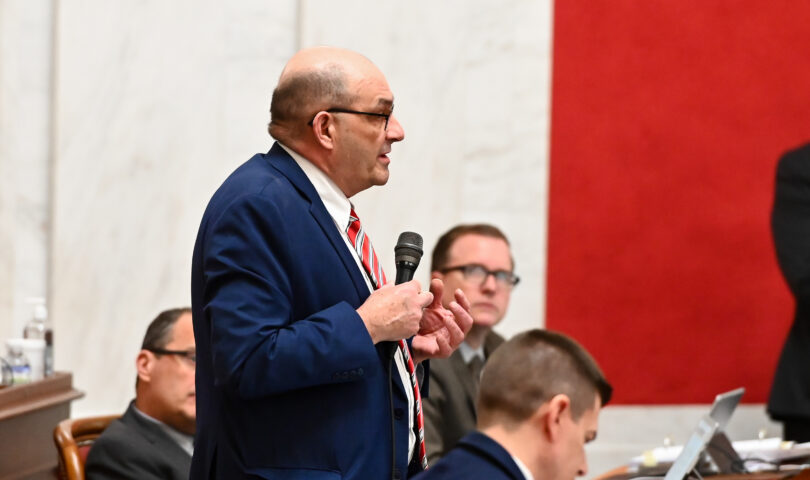MORGANTOWN – The state Senate passed a handful of bills on Tuesday, including two House bills aimed at promoting economic development.
HB 4084 allows allow advanced recycling facilities to be developed to convert a variety of used plastics that are now considered solid waste into new raw materials to make new products. Such materials would no longer be considered solid waste and the recycling plants would not be governed by solid waste management regulations.
It passed 33-0 and returns to the House for amendment concurrence.
HB 4491 is aimed at preventing the release of carbon dioxide into the atmosphere from fossil fuel and promoting fossil fuel development and businesses that would drill the holes to sequester the CO2.
The legislation sets up a Department of Environmental Protection permitting process. It excludes underground injection done for enhanced oil recovery.
The bill sets up an application process and requirements. Companies wishing to inject the carbon must obtain consent of 75% of landowners involved and make a good faith effort to find the rest. Surface owners will own the liquefied carbon dioxide injected into the ground.
Applications must go out for a 30-day public comment period and DEP has one year to approve the permit. Two funds are created for collected fees — one for program operation, and a trust fund for long-term management once a well is completed.
It passed 33-0 and will go to the governor.
Senators also passed SB 64, lead-sponsored by Sen. Randy Smith, R-Tucker.
It allows counties to impose an admission or amusement tax on any public amusement or entertainment conducted within the limits of the county for private profit or gain. The tax may be a maximum of 2% of the admission price.
Smith said that the bill offers counties such as Tucker with a small tax base and large recreational areas that require county services a tool to be able to afford those services. It also will help counties cope with the costs of public services required for large for-profit events and for expanded tourism.
The vote was 26-7, with opposition from both sides of the aisle, and it goes to the House. All local senators voted for it.
Tweet David Beard @dbeardtdp Email dbeard@dominionpost.com




